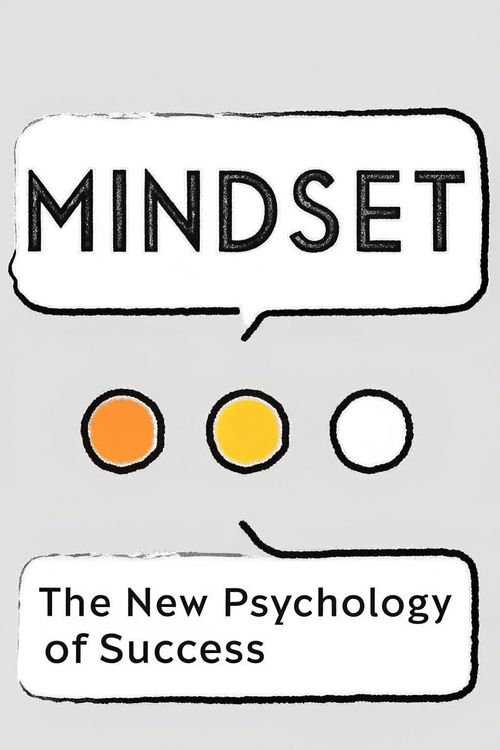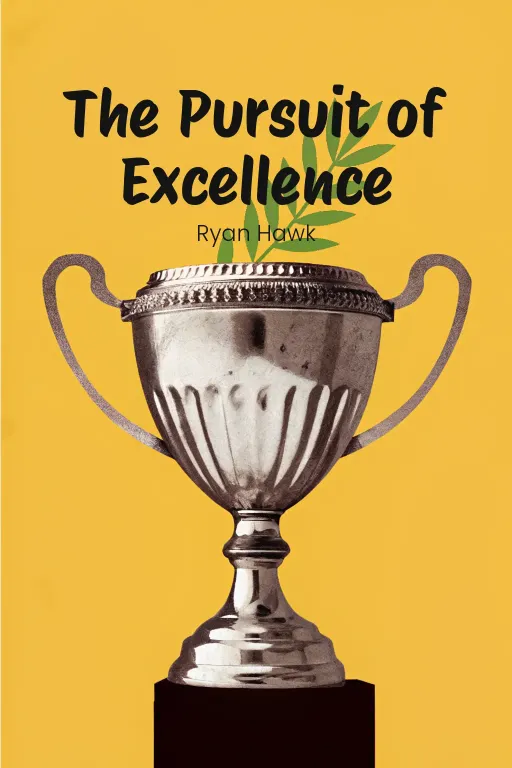
The 80/20 Principle
Productivity
Richard Koch
A Disquisition on the 80/20 Principle: A Summary with Scholarly Perspectives
Richard Koch's "The 80/20 Principle: The Secret of Achieving More with Less" presents a compelling case for the pervasive relevance of the Pareto Principle. This principle, which posits that approximately 80% of effects stem from 20% of causes, serves as a lens through which individuals and organizations can critically evaluate their activities, resource allocation, and strategic priorities. Koch's work extends beyond a mere elucidation of this maxim, offering a practical framework for its implementation across a myriad of contexts—from streamlining business operations to enhancing personal productivity and fostering a more fulfilling existence.
The foundational premise of the 80/20 Principle lies in the inherent imbalance observed in numerous phenomena. This imbalance, initially identified by Vilfredo Pareto in the late 19th century through his analysis of wealth distribution in England, reveals that a disproportionately large share of outcomes is attributable to a relatively small subset of inputs. This skewed distribution challenges conventional linear thinking, highlighting the imperative of discerning the "vital few" factors that yield the richest rewards.
The intellectual pedigree of the principle itself is noteworthy. Vilfredo Pareto's initial observations laid the groundwork for subsequent interpretations and applications. Scholars like Joseph Juran, applying the principle to quality control, and George Zipf's articulation of the Principle of Least Effort, collectively reinforced the understanding that efficiency emanates from a judicious focus on those critical elements that drive meaningful outputs. These historical antecedents underscore the enduring relevance of the 80/20 Principle as a cornerstone of efficiency studies and operational management.
The applications of this principle are panoramic in scope, extending from the strategic management of businesses to the optimization of individual productivity and even societal interventions. Corporations can harness the principle to identify the most profitable products, clients, or market segments, facilitating the allocation of resources toward these high-yield areas. Individuals, on the other hand, can leverage the principle to prioritize high-impact activities, thereby maximizing achievements in their personal and professional lives. Societal applications extend to addressing complex issues such as crime reduction and healthcare efficiency, where targeted interventions focused on the "vital few" drivers can yield substantial improvements.
Within the corporate sphere, the 80/20 Principle offers a pathway to identifying profitability and efficiency. By scrutinizing the contributions of various products, customers, and markets, businesses can discern which areas yield the highest returns, thereby informing decisions regarding resource prioritization and strategic alignment. Case studies, such as that of Corning, demonstrate the transformative potential of applying the principle to streamline operations and focus on core competencies, underscoring the importance of continuous learning and strategic repositioning in dynamic markets. Simplification emerges as another critical theme, with the principle serving as a framework for businesses to eliminate inefficiencies, focus on profitable customer segments, and optimize operations for sustainable growth.
Beyond the business realm, the practical implications of the 80/20 Principle extend to daily life, profoundly impacting both efficiency and effectiveness. By prioritizing high-impact activities and eliminating inefficiencies, individuals can significantly amplify their achievements, enrich their relationships, and cultivate a life that is not only more productive but also profoundly fulfilling. This requires a conscious effort to focus on the vital few rather than the trivial many, making thoughtful choices and exercising discernment in daily pursuits.
The synthesis of wealth and happiness also features prominently in Koch's discourse, reminding individuals that the pursuit of wealth should not eclipse the cultivation of meaningful relationships, experiences, and personal aspirations. The principle advocates for aligning financial strategies with deeper life goals, prioritizing quality of life over the relentless pursuit of material accumulation. Similarly, cultivating meaningful personal and professional relationships emerges as a cornerstone of a fulfilling life, emphasizing the importance of selective, purposeful alliances.
Ultimately, embracing the 80/20 Principle is not merely about maximizing efficiency; it's about cultivating a life of purpose, aligning actions with values, and fostering resilience in the face of adversity. By recognizing that not all activities, relationships, or endeavors are created equal, individuals and organizations can unlock their full potential, transforming not only their own trajectories but also contributing to broader societal advancements. The principle serves as a powerful reminder that the key to achieving more with less lies in the art of discernment, the courage to prioritize, and the unwavering commitment to embracing the vital few.









